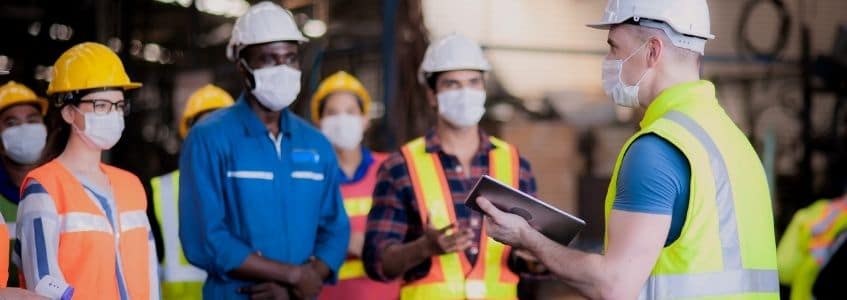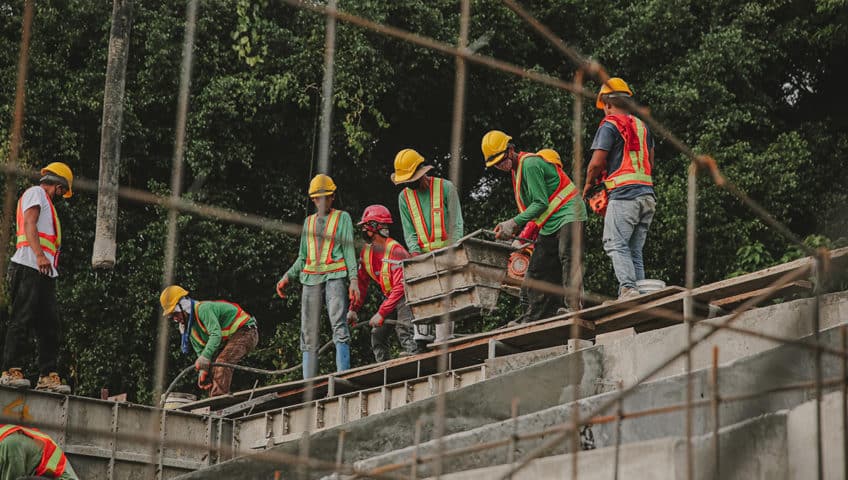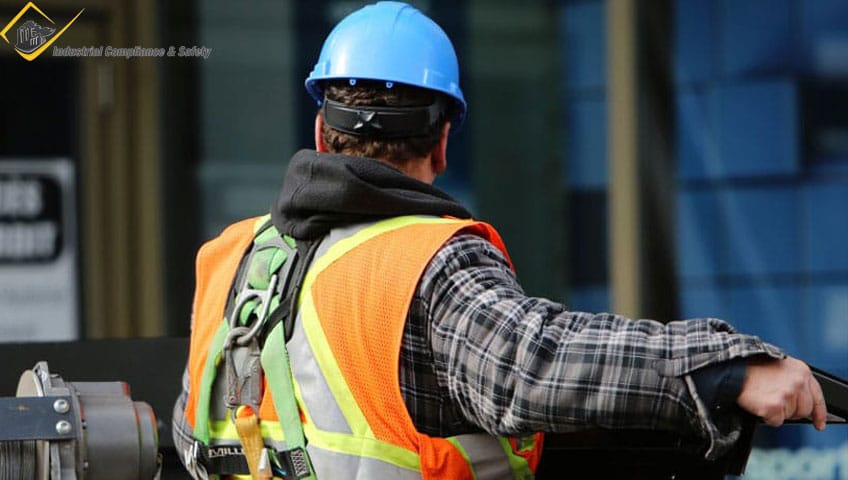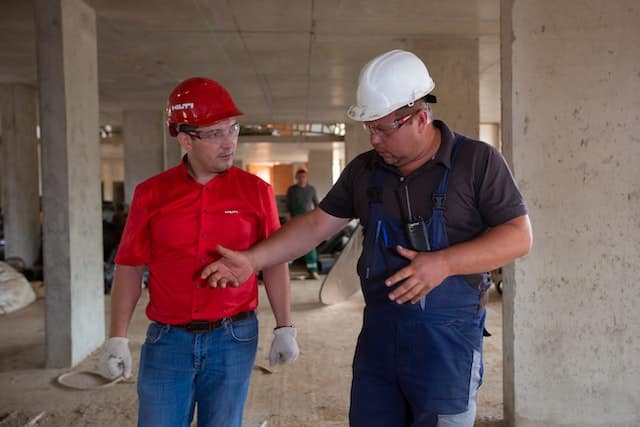Mexico has a comprehensive framework of workplace safety regulations aimed at protecting the health and well-being of employees across various industries. The Federal Labor Law (Ley Federal del Trabajo) forms the cornerstone of these regulations, reflecting the nation's commitment to ensuring safe working environments for all workers. Compliance with these safety regulations is not only a legal obligation but also a moral duty for businesses operating in Mexico.














